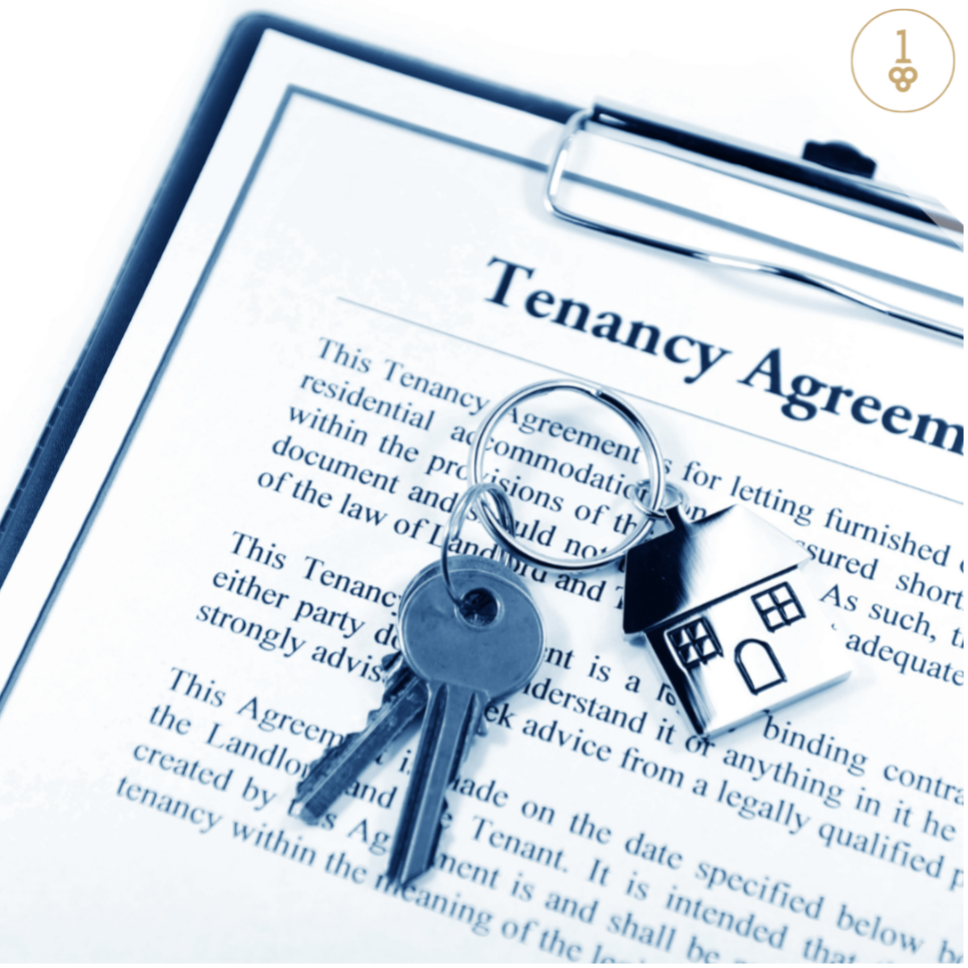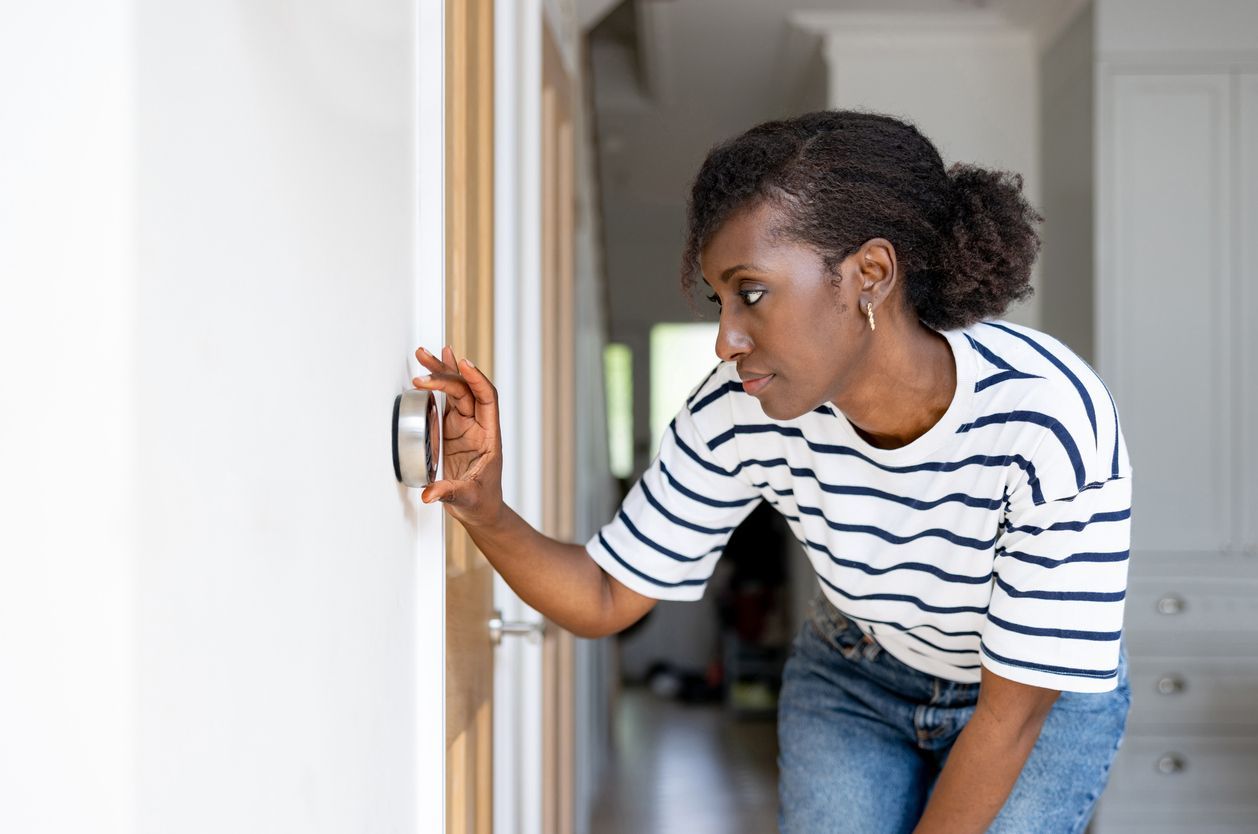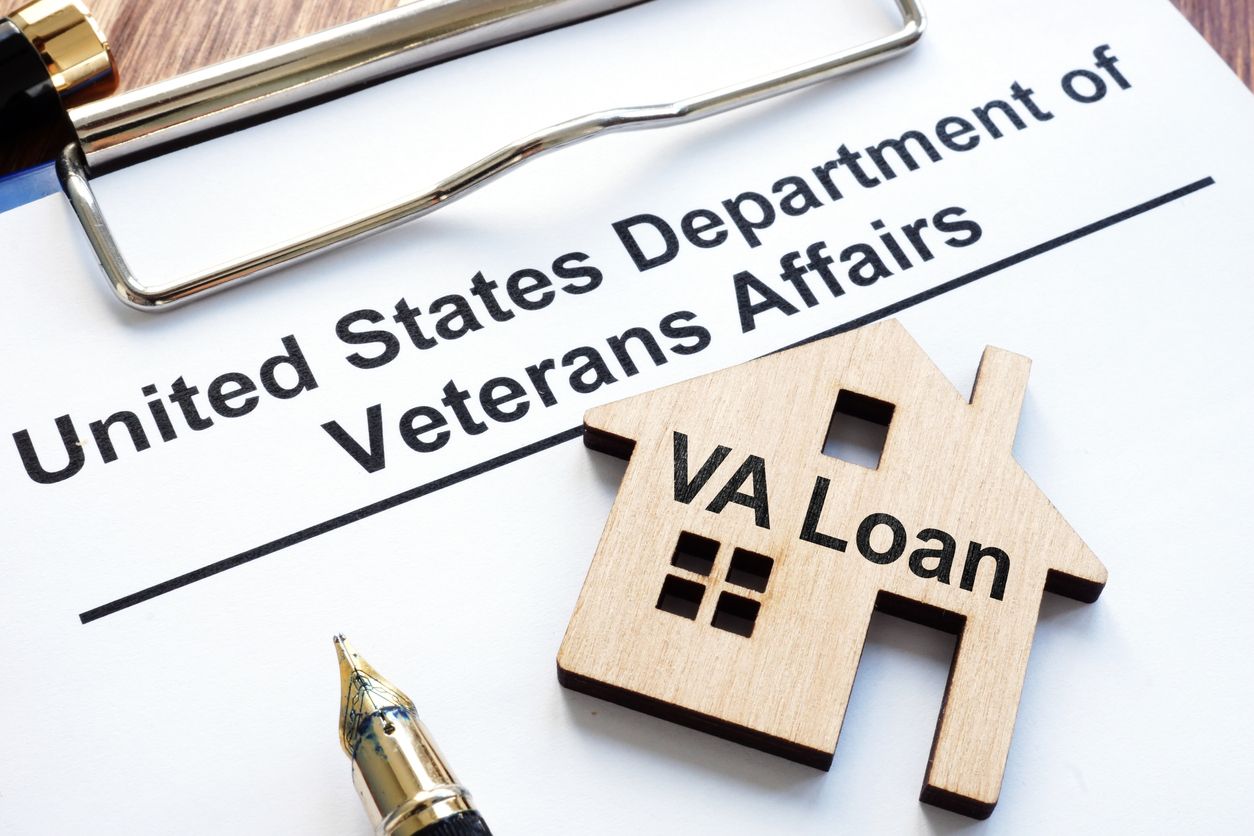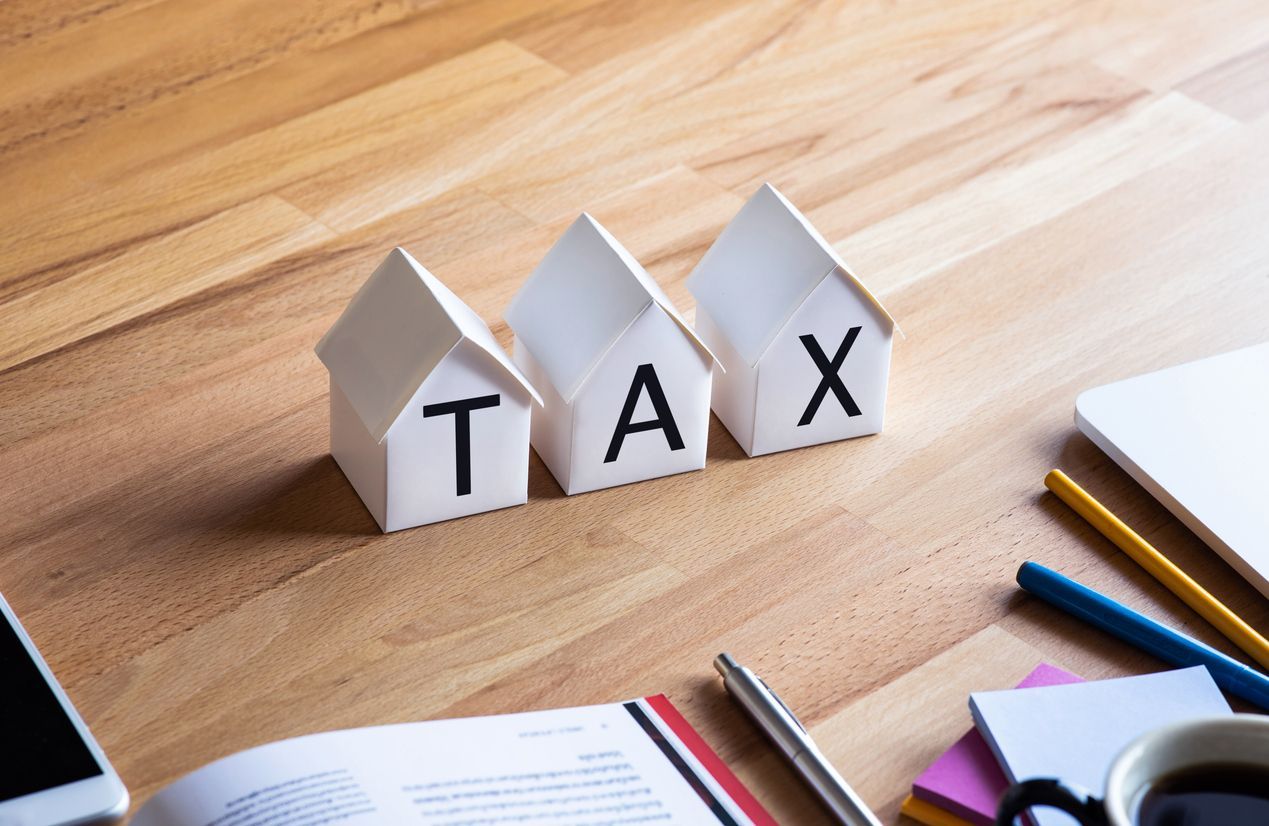First-Time Renter’s Guide: 50 Questions to Ask Before You Sign a Lease

Moving out for the first time can bring excitement and anxiety. If it’s the first time you’ve ever signed a lease, paid monthly rent, or lived somewhere not owned by your family or friends, there’s a lot you need to know.
Please note, while extensive, this list is not comprehensive. Ask as many questions as you need to feel confidently about moving into your new home.
5 Questions to Ask Yourself
Getting out of your parents’ house is not as important as getting off on the right foot, so ask yourself these questions before you start shopping for a rental.
- How much can I afford?
It’s a big question and may seem like an obvious one, but as we indicate further down, there may be more expenses and fees than you’re prepared for. Figure out the max amount of money you have monthly to allot to housing and related expenses, and then backtrack from there to understand what monthly rental figure you’re prepared to commit to. (When calculating, you need to remember all of the other expenses you may have not had to consider before, e.g. groceries.) - How much space do I need?
There are rentals of all shapes and sizes. From multi-floor, multi-bedroom houses to single bedroom studio apartments. - How long can I commit?
Some leases will be annual or every two years, whereas others are month-to-month arrangements. - How close do I need to be to work, school, public transportation, shopping centers, and recreation areas?
- What amenities do I need? Do I need a parking space? Laundry access? Ground floor entry? Extra storage? A full kitchen? A private bathroom?

17 Questions to Ask the Landlord about the Lease
Rental agreements vary nearly as much as the rental spaces themselves. Some rentals are operated by large-scale management companies and others are tended by homeowners who have divided their family’s living quarters. New York State rental laws apply throughout every NYS rental agreement, and there are separate, additional protections for renters in New York City.
The most important thing is to ask these questions AND GET ALL ANSWERS IN WRITING, SIGNED BY THE LANDLORD. Should the situation sour, you may find yourself in a courtroom, where a written agreement holds a lot more power than a verbal contract.
- How much rent is due and how can it be paid?
- What day is the rent due each month?
- What are the terms of the lease? (Is it annual, month-to-month, etc.?)
- What are the application fees?
In New York City, there are specific rights all tenants have regarding how much they can be charged for application fees, among other things. Read more about tenant rights in NYC at the NYC.gov website. - What are the monthly fees?
- What happens if I’m late paying the rent?
In NYC, late fees can only be charged if rent is received more than 5 days after the due date, and cannot exceed $50 or 5% of the rent, whichever is less.[1] - Do I need renter’s insurance?
Renter’s insurance is generally inexpensive and recommended by experts to cover fire, theft and personal liability for unexpected damages. - Will I be able to renew the lease?
In many cases, there is no guarantee that renewal is an option. - How much notice is required to move out? What is the fee to break the lease early?
Most landlords require 60-days’ notice, which is not the same as 60-days’ calendar notice. - How can I provide notice?
Usually, notice that you’re moving out is provided in writing and sent by certified mail to ensure that the date you submitted notice is documented. - Can I sublet?
- How is the financial responsibility divided if one of two or more unrelated parties moves out, fails to pay rent, violates the lease or moves out?
Everyone named on the lease is responsible and independently obligated to pay in full. If one party moves out, the others can be held responsible to pay remaining monies unless otherwise noted in the lease agreement. - Is the rent stabilized?
Rent stabilization protects tenants from steep increases in rent and guarantees the right to renew the lease. Read more about Rent Stabilization and Rent Control in the State of New York. - How much is the security deposit and what does it cover?
Prior to 2019, landlords were entitled to ask for first and last months’ rent and one month’s security deposit. In 2019, this law changed, and now it is only legal for landlords to ask for the first month’s rent and one month’s security deposit. Many are still asking for last month’s rent as well, being unaware that the law changed.[2] - Will the security deposit be refunded?
- What is the move-in date?
You are entitled to negotiate the move-in date. Perhaps it is more convenient for you to move in mid-month or at the beginning of the next month. - What is the exact mailing address of the rental? What town/township/zip code/school district/county is it located in?
Check out these Important Notices, Fact Sheets, and other Important Documents from New York State regarding Tenant Rights.

17 Questions to Ask the Landlord about the Rental Features
- What property damage is present and what repairs are needed? When can those repairs be completed?
Always ensure that you complete an in-person inspection of the property so that you’re not held liable for any damage that occurred prior to you. Damages are not necessarily a deal-breaker.
If possible, take video evidence of the rental and previous damages. Have the landlord sign a document acknowledging any previous damage and with their signed agreement to make repairs within a specific and reasonable time frame. - Is the tap water drinkable?
- Which utilities are covered by the rent, and which are not?
Ask specifically whether your rent covers the following services and who is responsible for maintaining them: Electricity, Heat, Hot/Cold Water, Cable/Internet, Pest Control, Groundskeeping (as appropriate). - What maintenance am I required to do?
You might be required to change the Air Conditioning and/or Furnace filters, winterize outdoor water pipes, clean the gutters, cut the grass, rake the leaves, weed the property, trim the trees, cleaning the dryer vents, change the lightbulbs, and/or maintain the pool. - In the event of an emergency, how do I request repair services?
Think about a burst pipe causing an immediate hazard. You’ll need to know ahead of time what the procedure is for reporting it and to whom, and what kind of response you can expect. - In the event of normal repair and maintenance, how would repairs scheduled, with whom, and how quickly can I expect a response?
- Can I have pets?
Don’t make the mistake of assuming that pets are allowed if there is no mention in the lease agreement. Get in writing exactly what is permitted. Is there a pet deposit? Do I need to provide vet records, proof of vaccination or letters of recommendation from previous landlords? Are there restrictions on breed, size, how many, etc.? Are cats allowed? Are there additional fees associated with pets? - Can I use the backyard?
- Can I use the basement storage space?
- Are there assigned parking places?
- Can I park in the driveway?
- How is garbage and recycling pick-up handled?
- How is mail delivery handled?
- How is large package delivery handled?
- Has the rental been deep cleaned and/or will it be prior to your move-in date?
- Can I paint the walls, doors, and/or molding?
Often, rentals are expected to be vacated looking reasonably as they did on day one. - Can I use nails to hang anything on the walls?
There are so many durable, removable sticky tabs that this shouldn’t present a problem, but it’s always good to know.

11 Questions to Ask the Landlord: Safety and Security
- Where are the emergency exits? Where is the back-up stairwell in the event an elevator stops working? Where are the fire escape routes? Do the windows open?
- Is there a back-up generator for electricity?
- Are there safety protocol in place in the event of an emergency?
- What are the phone numbers for the local fire, police, and sanitation departments?
- Where is the nearest hospital?
- Are we located in a flood zone? Has the property flooded before?
- Do you change the locks and door codes in between renters?
- Do you run background checks on all of your occupants?
- Do you have a security guard and are they from a reputable, licensed company?
- What is the policy on nontenant visitors?
- What are nontenant access rules for the landlord and maintenance professionals?
Landlords and maintenance professionals are not guaranteed entry whenever they choose. In NYC, “Your landlord can enter your apartment at any time and without notice in an emergency, and at a reasonable time after providing appropriate notice if the entry is either to provide necessary or agreed up on repairs or services or in accordance with the else or to show the apartment to prospective tenants or purchasers.”[1]
Read more about Tenants’ Rights and Responsibilities in New York City from the Department of Housing Preservation and Development.











